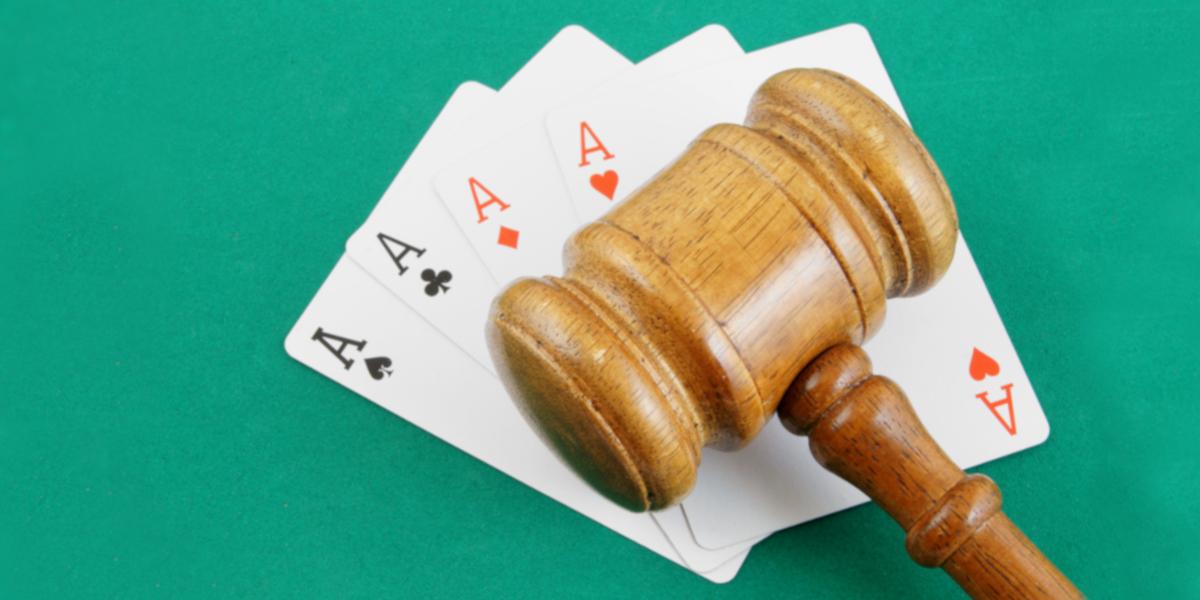With the issue of problem gambling an increasingly political one- and as the government consider their review of the 2005 Gambling Act and its inevitable changes- gaming operators have made strides to tighten their adherence in preparation, most notably with their KYC (Know Your Customer) and affordability checks.
And yet, with the degree of the changes still to be decided, the BGC has drawn the Government’s attention to a report showing parallels between tighter regulations and increased black-market betting.
A PwC report commissioned by the BGC stated that the number of British users of unlicensed sites has doubled in the last two years (from 220,000 to 460,000), with the amount staked now totalling ‘billions of pounds.
They noted that state monopolies in France and Norway lead to the black market now accounting for 57% and 66% of all money now staked there, respectively.
Along with affordability measures, restrictions on gambling advertising have also been speculated as a government target. And here, the BGC pointed to Italy and Spain as examples where the black market has been the benefactor from curbs to betting marketing.

PwC’s report states: “Analysis suggests that the UK has a more ‘open’ online gambling market and currently has a smaller unlicensed market share than our European benchmarks.
“Whilst it is not possible to isolate the impact of individual regulatory characteristics, the above assessment suggests that jurisdictions with a higher unlicensed market share tend to exhibit one or more restrictive regulatory or licensing characteristics.”
BGC Chief Executive Michael Dugher argued ministers should ‘learn lessons from these other European countries before making their decisions on the gambling act.
This is now the second report commissioned by the BGC this year as it represents an industry nervous regarding the extent of the review and how far-reaching its impact will be.
“We support the Gambling Review, but there is a real danger that it leads to the regulated industry being smaller and the illegal black market growing substantially,” Dugher remarked.
“This research is stark about the dangers of the black market, we have to learn lessons from abroad, and make the right choice at this dangerous crossroads. BGC members alone employ nearly 120,000 people and pay £4.5 billion in tax in the UK. The black market, of course, pays no tax and employs no one in our country. “Any shift to the unsafe black market would also jeopardise the £350m a year which our members currently give to horseracing in sponsorship, media rights and the betting levy – financial support which has proved crucial during the pandemic.”
And so the industry’s nervous wait continues. The result? We wouldn’t want to bet on it.


